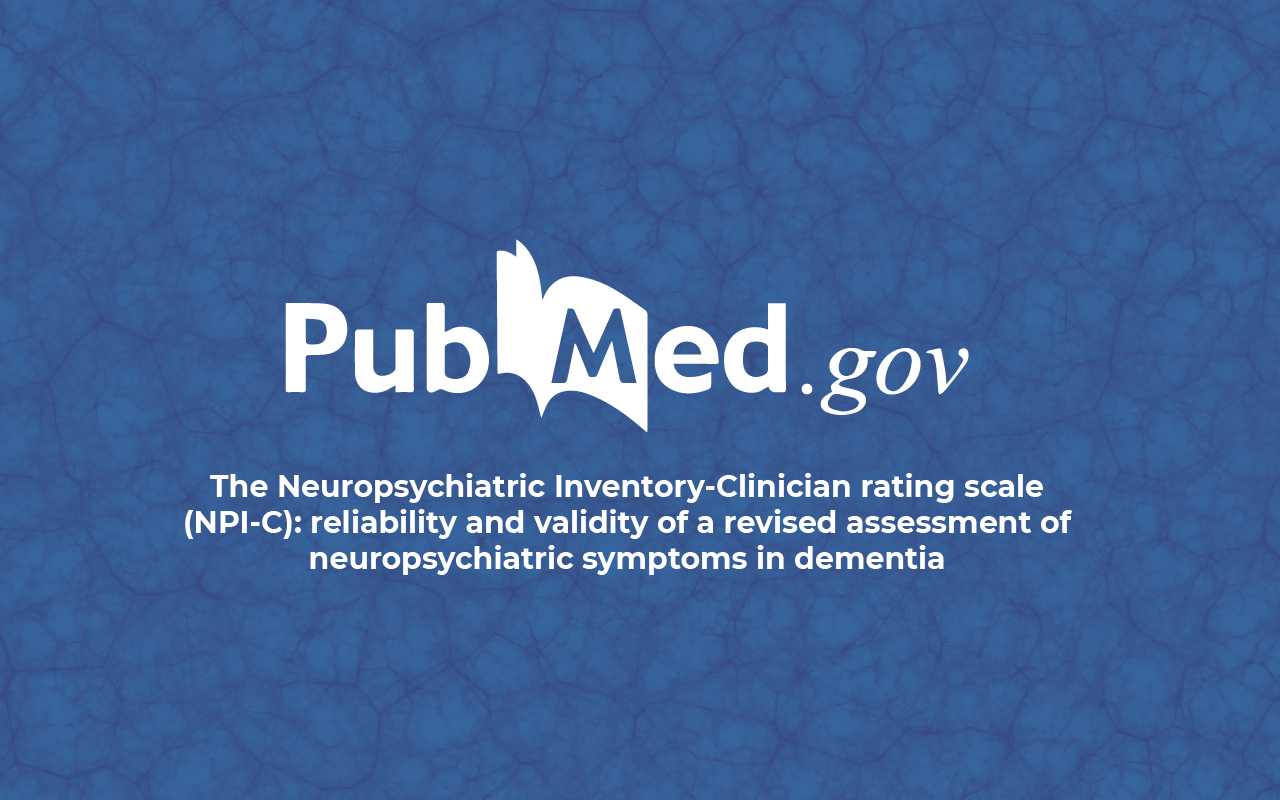Abstract
Background: Neuropsychiatric symptoms (NPS) affect almost all patients with dementia and are a major focus of study and treatment. Accurate assessment of NPS through valid, sensitive and reliable measures is crucial. Although current NPS measures have many strengths, they also have some limitations (e.g. acquisition of data is limited to informants or caregivers as respondents, limited depth of items specific to moderate dementia). Therefore, we developed a revised version of the NPI, known as the NPI-C. The NPI-C includes expanded domains and items, and a clinician-rating methodology. This study evaluated the reliability and convergent validity of the NPI-C at ten international sites (seven languages).
Methods: Face validity for 78 new items was obtained through a Delphi panel. A total of 128 dyads (caregivers/patients) from three severity categories of dementia (mild = 58, moderate = 49, severe = 21) were interviewed separately by two trained raters using two rating methods: the original NPI interview and a clinician-rated method. Rater 1 also administered four additional, established measures: the Apathy Evaluation Scale, the Brief Psychiatric Rating Scale, the Cohen-Mansfield Agitation Index, and the Cornell Scale for Depression in Dementia. Intraclass correlations were used to determine inter-rater reliability. Pearson correlations between the four relevant NPI-C domains and their corresponding outside measures were used for convergent validity.
Results: Inter-rater reliability was strong for most items. Convergent validity was moderate (apathy and agitation) to strong (hallucinations and delusions; agitation and aberrant vocalization; and depression) for clinician ratings in NPI-C domains.
Conclusion: Overall, the NPI-C shows promise as a versatile tool which can accurately measure NPS and which uses a uniform scale system to facilitate data comparisons across studies.


